Catholics believe the Mass is a sacrifice because we see it as the New Covenant fulfillment of the Old Passover rite, in which we make no longer a symbolic offering to God, but a real offering: Jesus Christ, "the Lamb of God who takes away the sin of the world!" (John 1:29).The sacrifice of the Mass is not a different sacrifice from Calvary, but the once-for-all sacrifice of Christ on the Cross. Nor does Jesus die again at every Mass. Rather, His one death from 2,000 years ago is mystically made present to us, allowing the Church in every generation to participate in and offer the sacrifice of Christ to the Father in a real way. The sacred meal of the Eucharist, then, the perpetuation of the Last Supper, becomes the means by which we personally participate in Christ's saving sacrifice. "The cup of blessing which we bless, is it not a participation in the blood of Christ?" says Saint Paul. "The bread which we break, is it not a participation in the body of Christ?" (1 Cor. 10:16-17). The prophet Malachi foretells this, speaking of a future sacrifice that would be perpetually offered by the Gentiles. "For from the rising of the sun to its setting my name is great among the nations, and in every place incense is offered in my name, and a pure offering; for my name is great among the nations, says the LORD of hosts" (Mal. 1:11; cf. 1 Cor. 10:16-22; Heb. 10:25-26).
The Early Church Fathers saw the Mass as the fulfillment of this prophecy. The Didache, for instance, a Church manual composed in about the year 70 A.D., gives the following instructions to the faithful:
Assemble on the Lord's Day, and break bread and offer the Eucharist; but first make confession of your faults, so that your sacrifice may be a pure one. ... This is the offering of which the Lord has said, Everywhere and always bring me a sacrifice that is undefiled, for I am a great king, says the Lord, and my name is the wonder of the nations" (Mal. 1:11, 14) (14).
Likewise, Saint Justin the Martyr writes in about 155 A.D.:
“Also, sirs,” I said, “the offering of fine wheat flour which was prescribed to be offered on behalf of those cleansed of leprosy was a type of the Bread of the Eucharist, the celebration of which our Lord Jesus Christ prescribed in memory of the passion He suffered on behalf of those men who are cleansed in their souls of every evil. … Moreover, as I said before, concerning the sacrifices which you at that time offered, God speaks through Malachias, one of the twelve [lesser prophets], as follows: ‘I have no pleasure in you, says the Lord; and I will not accept your sacrifices from your hands; for from the rising of the sun until its setting, my name has been glorified among the gentiles; and in every place incense is offered in my name, and a clean offering: for great is my name among the gentiles, says the Lord; but you profane it’ (Mal. 1:10-12). It is of the sacrifices offered to Him in every place by us, the gentiles, that is, of the Bread of the Eucharist and likewise of the cup of the Eucharist, that He speaks at that time; and He says that we glorify His name, while you profane it” (Dialogue with Trypho the Jew 41).
